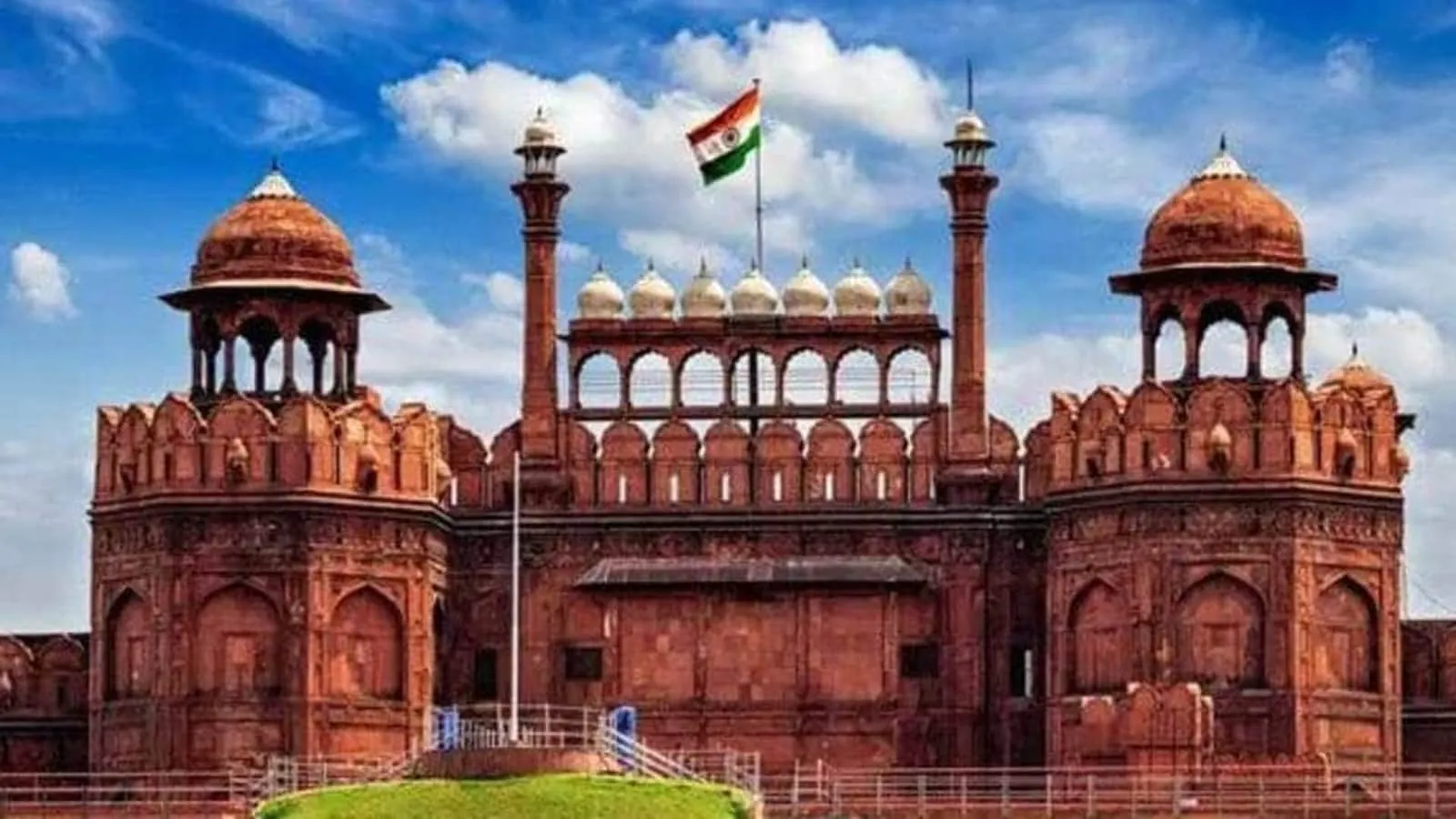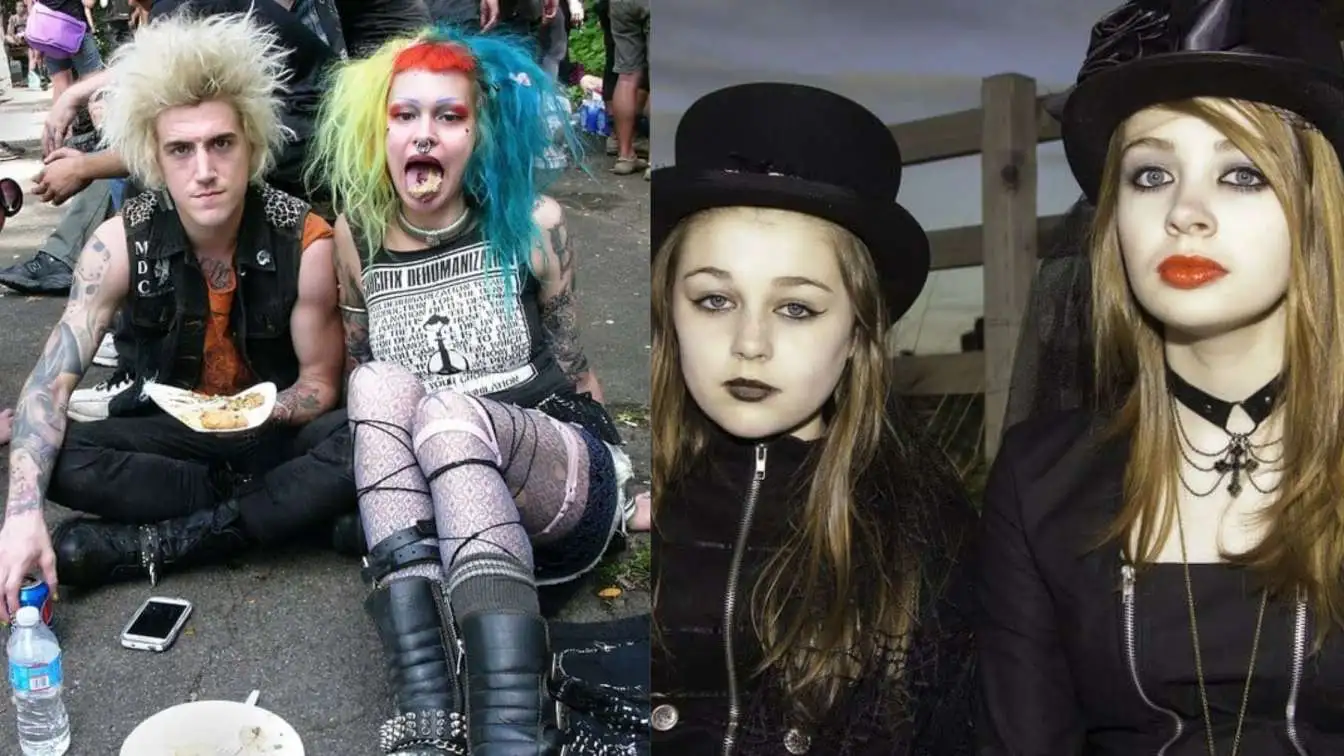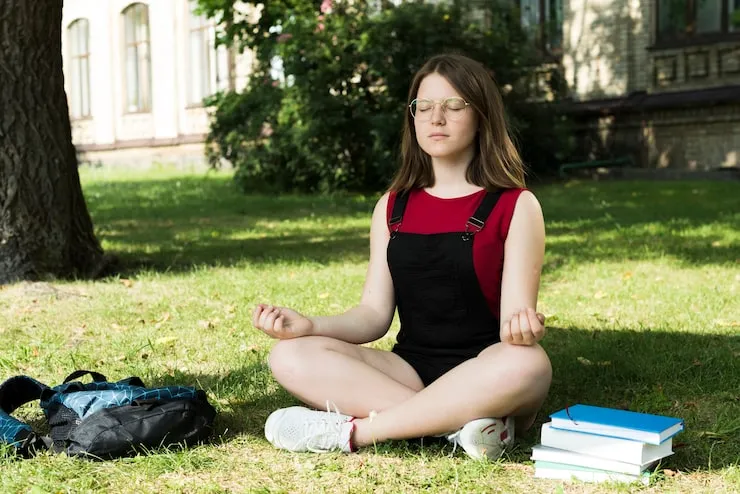It’s not just about the parade at Delhi’s Red Fort or the fireworks of patriotism across states — it’s about voices. Real voices. From the lanes of Howrah, tea stalls in Siliguri, and libraries in Bardhaman. And Bengal has responded in its own passionate, poetic, and deeply thoughtful way.
From students in Durgapur to pensioners in Shantiniketan, people are writing in — sharing ideas that reflect not only their hopes for the nation but also their unique Bengali perspective.
What Is the ‘Share Your Thoughts with PM’ Initiative?
Before we dive into Bengal’s contributions, let’s first understand this national campaign.
Key Points:
- Launched by MyGov India to collect public input for the PM’s Red Fort speech
- Anyone can submit — students, teachers, homemakers, professionals
- Topics range from climate, education, economy, culture, to women’s safety
- Selected messages may be quoted or acknowledged in the Prime Minister’s speech
From Red Road to the Red Fort: Bengal’s Emotional Connect
Bengal has always had a special connection with Independence Day — and freedom itself. The Red Road parade in Kolkata, with its grandeur and local flavour, is as iconic to Bengal as the Red Fort is to the nation.
For many Bengalis, the chance to be heard in Delhi’s most-watched speech means more than fame — it’s a moment to share their dreams and tell their stories.
Who’s Sending in Ideas?
Contributors Include:
- Students and teachers in Nadia and Bankura
- Artists and theatre groups in Kolkata and Santiniketan
- Farmers in Purulia and Birbhum
- Elderly freedom fighter families in Cooch Behar
- Tech professionals from Salt Lake and Rajarhat
- Self-help group members in Murshidabad
The submissions are as diverse as Bengal itself — political, poetic, practical, and powerful.
Top Themes from Bengal’s Citizens
Here’s what Bengal is telling the PM — in their own words and thoughts:
1. Culture as Power
Artists from Kolkata’s Nandan complex and Jadavpur students have submitted calls to support regional art and language.
2. Jobs for the Youth
“Educated but unemployed — that’s what many young Bengalis feel.”
Voices from Asansol and Kharagpur want to focus on vocational training, rural jobs, and startup support.
3. Protect the Environment
“Save our rivers. Save the Sunderbans.”
change, mangrove protection, and flood preparedness.
4. Women’s Safety
“Freedom means walking home safely after 9 PM.”
Mothers, students, and NGO workers from Kolkata to Malda want the PM to address street safety, legal access, and fast-tracking justice.
5. Bridge Urban–Rural Gaps
“Metro cities grow, but our villages are stuck.”
Farmers and teachers in East Midnapore and Hooghly are calling for equal infrastructure, internet access, and school upgrades.
Real Voices, Real Stories
Let’s meet some of Bengal’s people whose thoughts might travel from Red Road to Red Fort this year.
Tanushree, 16, Student – Bardhaman
Why must everything be in English?”
She hopes the PM will highlight language accessibility in digital classrooms.
Sukanta Ghosh, 72, Retired Postmaster – Murshidabad
“I asked the PM to talk about kindness. We need more human values, not just GDP.”
His handwritten Bengali letter included a short poem about unity.
Amitava, 28, Mechanic – Siliguri
“I told the PM to give us solar panel training. We can work and save energy too.”
His idea reflects green skills for small-town workers.
Rekha Das, 38, SHG Member – North 24 Parganas
“We make pickles and run a kitchen. We need better packaging and online help.”
She submitted a request for women-led micro-enterprise support.
How Are People Submitting?
The MyGov portal is digital, but Bengal made sure even the less tech-savvy could join.
Offline and Online Methods:
- Local cyber cafes and libraries in rural areas offered help
- WhatsApp groups of SHGs, teachers, and farmer clubs shared submission guides
- Radio programs and All India Radio Kolkata explained the process in Bengali
- Kolkata Corporation ran a campaign called "Tumi-o Bolo" (You Speak Too!)
It became more than a campaign — it turned into a people’s movement in some towns.
Why This Matters: Bengal’s Legacy in the Freedom Movement
This involvement isn’t surprising when you remember Bengal’s deep connection to freedom.
Did You Know?
- Bengal gave India Netaji Subhas Chandra Bose, Rabindranath Tagore, and Matangini Hazra
- Bengal’s youth led the Bengal Renaissance and early independence protests
- Red Road itself was historically used for public addresses, protests, and parades
So, in many ways, this isn’t new. It’s Bengal continuing its dialogue with the nation.
What Will Happen with the Ideas?
Once submitted, the ideas are:
- Reviewed by MyGov editors and volunteers
- Shortlisted and shared with the PM’s speechwriting team
- A few may be quoted directly during the Red Fort address
- Some contributors may receive certificates or mentions
- All inputs become part of citizen-led governance feedback
For Bengal’s contributors, it’s not just about being quoted — it’s about being counted.
A Generation That Wants to Speak
This year’s campaign has seen a huge youth turnout from Bengal. From Presidency University to Siliguri’s government schools, young people are writing, recording, and uploading. Many say they want a nation that listens — not just during elections, but every August 15 too.
Their suggestions are sharp, often emotional, and grounded in lived experience. From jobs to joy, from potholes to poetry — Bengal is saying it all.
Quick Recap – Bullet Points
- Ideas submitted via MyGov portal and local outreach
- Contributions from students, workers, farmers, and artists
- Key themes: youth jobs, environment, culture, women’s safety
- Local campaigns like Tumi-o Bolo helped increase participation
- Bengal carries on the legacy of respectfully and thoughtfully speaking truth to power.
- Selected messages may be included in the Red Fort address
Conclusion: Bengal’s Voice Carries Across the Nation
From Red Road to Red Fort, the path is long — but Bengal has always known how to travel it. With words. With ideas. With emotion. Whether the Prime Minister quotes them directly or not, the act of speaking up itself is a form of freedom.













